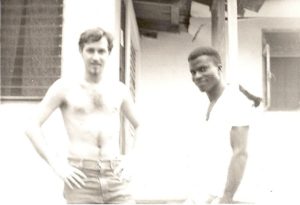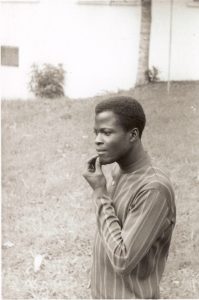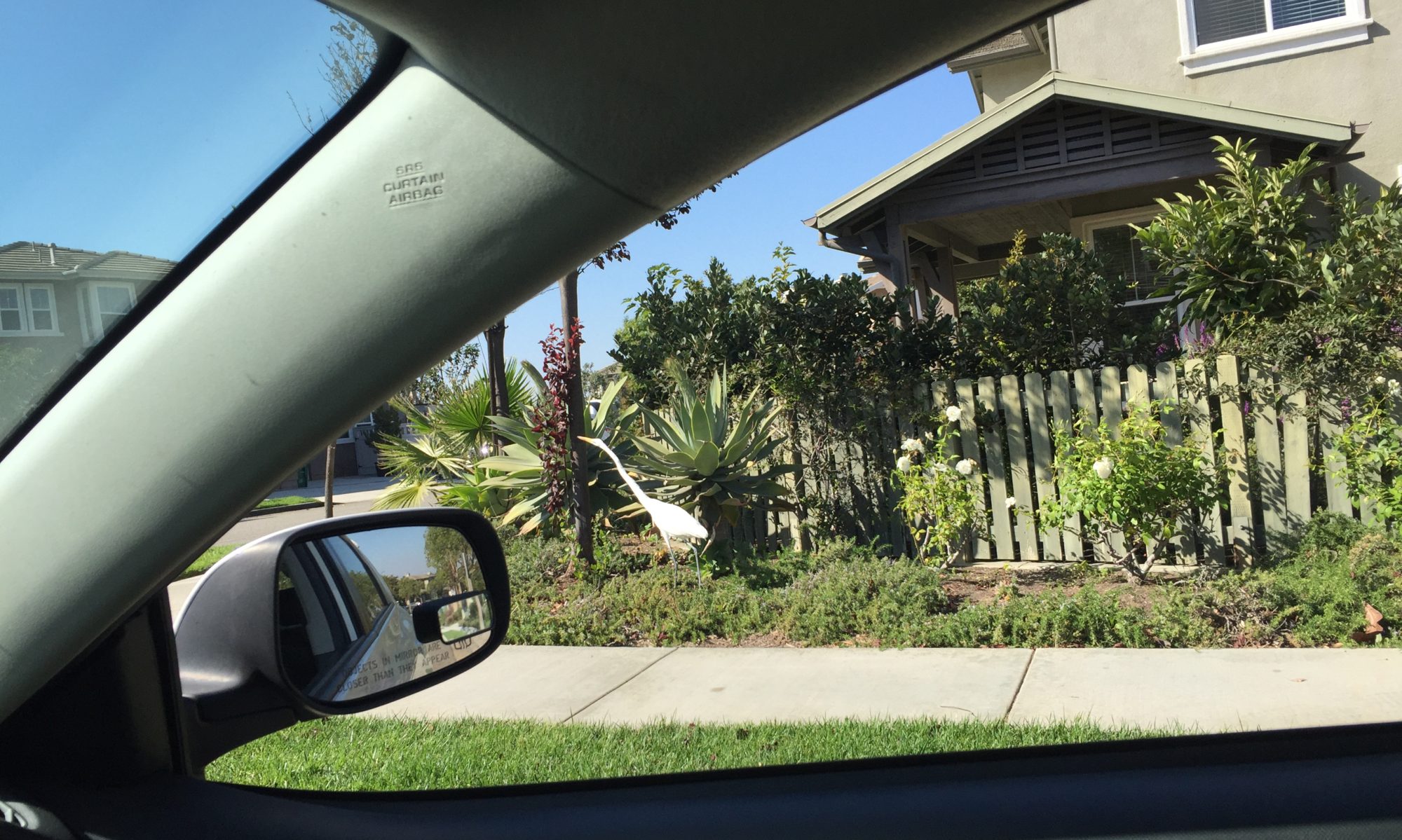
I spent most of May 1968 in quarantine on the campus of Cuttington College in upcountry Liberia. I had contracted infectious hepatitis “A”. I like to imagine it was from drinking water from the Niger River on the way back from Timbuktu a couple of months before.
I was couped up in a empty house on the edges of the campus in middle of the bush with another Peace Corps teacher, Jim, who was an economist and who had been diagnosed with the same affliction. We had separate rooms and were brought food and boiled water twice a day by Roosevelt, my then houseboy, who was deemed to have already survived it and therefore not susceptible.

Otherwise, we were completely isolated. Jim and I were not even supposed to interact. In any case, we were both confined to bed and didn’t have a lot to say to each other, lost in our separate deliria.
Until the fever broke, I had little interest in food, reading or anything except self-pity. But after I improved and began to suffer boredom, I was delighted with the arrival of a stack of the New York Review of Books going back to 1967. James Olney, the chair of my English Dept there, had sent them along with cheerful greetings. He had been an early subscriber and they had been delivered via slow post to Liberia. I was delighted when I found James again at UC-Irvine in 2010 and discovered that he still subscribed.
I read through the pile voraciously just as news began to reach me via shortwave radio and weekly arrivals of the onion-skin-like international edition of Time about the assassinations in the US and surreal events on the streets of Paris. News about Vietnam was no longer news to the males in our little cohort at Cuttington. We had ended up in Liberia in part because of calculations around the draft. Without the least idea how things would work out, we were all planning our post-African lives around that stupid war.
On top of the stack was the notorious issue whose cover depicted a diagram with instructions to make a molotov cocktail.

Suddenly, I felt I had reason to live, not because I seriously intended to construct such a device, but because I momentarily felt there was an intellectual culture out there to which I could honorably belong, even though I already knew I would be leaving America behind.
1968 didn’t turn out at all as we youthful rebels hoped and I have to admit I am doubtful that by 2021, or whenever the covid pandemic runs its course, the world will yet have learned a thing.
Still, it is with more than soppy nostalgia that I look at that ancient NYR cover and reimagine the state of mind I entered once I left quarantine.
Imagining post-quarantine is surely a useful mental exercise for us all in the present moment. Not because things will change, rather because our wanting them to change is part of who we are.
